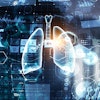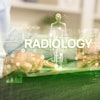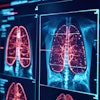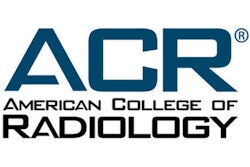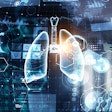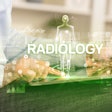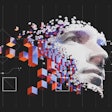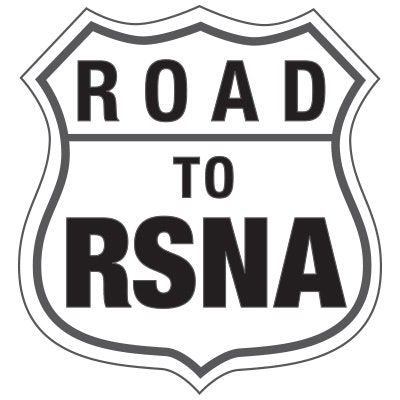
Welcome to the first installment of this year's Road to RSNA preview of the RSNA 2018 meeting in Chicago. For the 10th year in a row, we're providing a modality-by-modality overview of selected scientific presentations to serve as your guide to events at McCormick Place.
Our journey along the Road to RSNA begins with our preview of artificial intelligence (AI), a fitting topic given its ever-growing prominence at the conference -- and in radiology overall -- over the last few years. Researchers will travel to the Windy City to share their experiences working with and developing AI applications in all aspects of the imaging process.
Interest continues to surge in applying AI as a triage tool, alerting radiologists or other physicians that imaging studies need urgent review. Several speakers will share promising results from using AI algorithms to automatically assess for fractures on spine CT studies, prescreen brain MRIs, and identify acute findings on routine abdominal CT studies, to name a few examples.
On a modality level, radiography is a particularly active area of imaging AI research. A number of RSNA 2018 presenters will describe how AI can find multiple diseases on chest x-rays, detect changes on serial imaging studies, or even power a portable automated x-ray reading system.
It's also no surprise that AI shows considerable potential in women's imaging; for years, mammography has been the only imaging modality to experience broad adoption of computer-aided detection (CAD) software. At RSNA 2018, researchers will discuss how AI can, for example, find more breast cancers than traditional CAD software, as well as analyze breast density. What's more, it can also enhance the accuracy of digital breast tomosynthesis screening.
Other hot topics this year include using AI to lower radiation dose and decrease scanning time, facilitate communication of urgent results, and analyze radiomics data to assess risk and predict treatment response and patient prognosis.
See below for previews of these and other AI-related scientific talks at this year's RSNA meeting. Of course, these are just a sample of the content on offer; a host of other scientific papers, scientific posters, refresher courses, and educational exhibits on AI topics also await attendees. For more information on those presentations and other abstracts in this year's scientific and educational program, view the RSNA 2018 meeting program.
But that's not all. Other notable AI educational opportunities at RSNA 2018 include the return of the Machine Learning Showcase, a dedicated area in the technical exhibits of the North Hall that features AI company booths and daily theater presentations. The most accurate algorithms from this year's Machine Learning Pneumonia Detection Challenge also will be highlighted in the Machine Learning Showcase.
The RSNA Deep Learning Classroom is back this year as well; certified instructors from the NVIDIA Deep Learning Institute will be on hand to help attendees learn to write AI algorithms and enhance their knowledge of AI. Want to contribute to AI research? You can once again annotate clinical images at the National Cancer Institute's Crowds Cure Cancer exhibit in the Learning Center.


